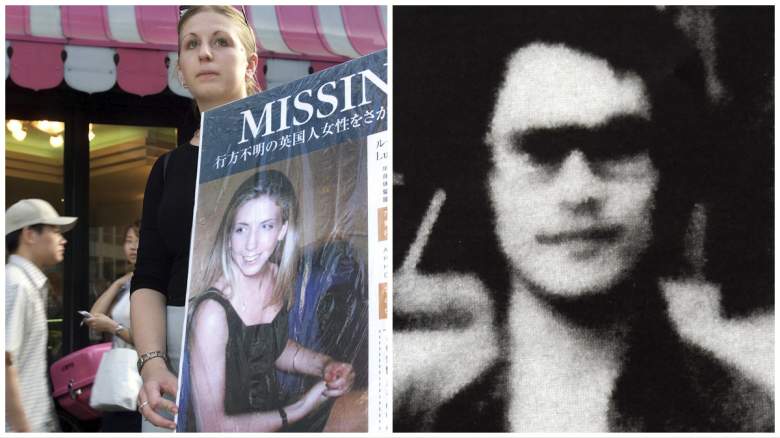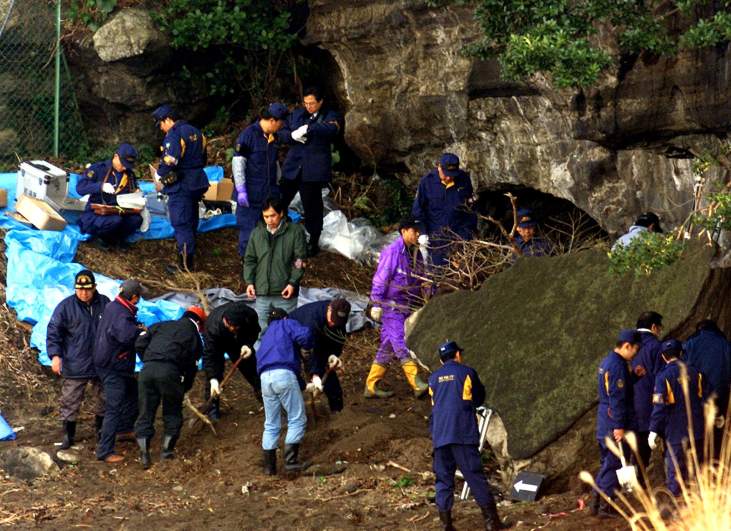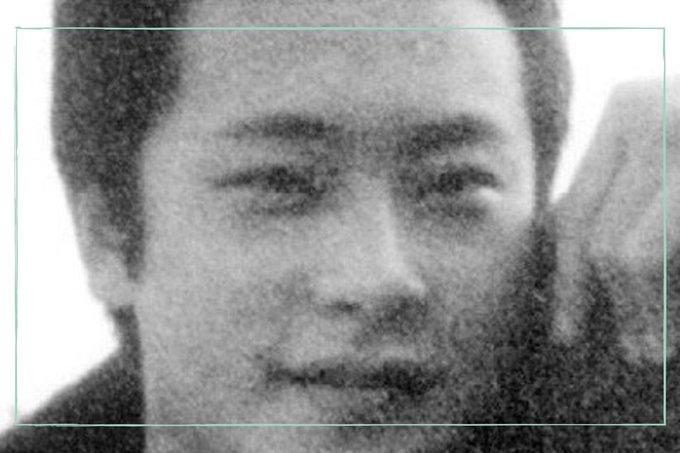
Joji Obara is a convicted Japanese criminal whose story is featured in the Netflix documentary, “Missing: The Lucie Blackman Case.”
The documentary features the real story of Blackman’s 2000 disappearance. A former British flight attendant, she was working in Tokyo at a hostess club, where young women are paid to strike up conversations and drink with customers.
Blackman, 21, vanished, and her father flew to Japan to search for her killer, leading to a rush of media attention, as the Netflix show depicts. Eventually, Obara was apprehended.
Where is Obara now? What is the real story?
In 2010, the Japanese Times reported that a life sentence Obara received was finalized by a Japanese court. He was convicted of mutilating Blackman’s body and “raping nine other women,” The Times reported. At the time, he was 58 years old. He had appealed a lower court ruling but it was rejected, The Times reported.
In 2008, the Tokyo High Court found that “Obara kidnapped Blackman to molest her, and dismembered and abandoned her body in 2000,” but he was acquitted of murder charges because of “insufficient evidence,” the article says. The cause of death was never determined.
According to Hello Magazine, Obara remains in prison today.
Here’s what you need to know:
Lucie Blackman, Who Was From Kent, England, Was Described as an ‘Adventurous, Charismatic Person’

Policemen investigate the entrance of a cave in Miura, Kanagawa Prefectre, 10 February 2001, were the remains of a dismembered body were found by Japanese police who were investigating the disappearance of British bar hostess Lucie Blackman 09 February. An autopsy was performed today to determine if the remains were of the hostess who disappeared in early July.
According to Netflix, “Lucie Blackman was a former British Airways flight attendant originally from Sevenoaks, Kent, England, who was visiting Tokyo on a tourist visa. Her family described Lucie as an adventurous, charismatic person who was interested in Japanese culture and eager to travel the world.”
A 2007 article in the Daily Telegraph, accessed through Newspapers.com, says that Obara was initially sentenced to life in jail for a “series of rapes and the manslaughter of an Australian woman, Carita Ridgway, in 1992.”
But Obara, described at tha ttime as a 54-year-old property developer, was acquitted of charges relating to Blackman, who was raped and murdered after she vanished in 2000. The case went to the High Court the following year.
The article says that the original judge acknowledged Obara and Blackmen met before she disappeared but “he said it was not established beyond all doubt that Obara killed her or that, if he did so, he acted alone.”
Blackman’s father agreed to take condolence money from a friend of Obara, a process used in Japanese law, that can “affect the length of a sentence,” according to the article. But, the article says, the judge handed down the verdict based on the evidence.
Lucie Blackman’s Body Was Discovered Chopped Up Inside a Cave & Joji Obara Was Spotted ‘With His Hands Covered in Concrete,’ Reports Say
The Daily Telegraph article says that Blackman’s body was found in 2001 in a cave “100 yards from Obara’s apartment.” Her body was “chopped” into 10 pieces and her head encased in concrete, the article says.
In 2010, the Daily Telegraph reported that police believed Obara had a pattern of assaulting foreign women after suggesting, “Let’s go look at the ocean.” He was accused of giving them alcoholic drinks “laced with drugs” and raping them, the article says, describing Obara as a company executive. He was also accused of recording the assaults on videotape.
After Blackman died, he was spotted “with his hands covered in concrete,” and was “seen at a nearby beach with a shovel,” the article says. It says police confirmed “more than 100 videotapes of Obara sexually assaulting women” who appeared to be unconscious. But Blackman was not on the tapes.
Joji Obara Was Described as an Armani Suit Wearing Man With a Net Worth in the Millions
According to the Daily Telegraph article, Obara had a law degree from Keio University.
A 2001 article in The Observer, also accessed through Newspapers.com, says that Obara “wore an Armani suit and expensive cologne and oozed sophistication.”
He went by the name Kaz and had inherited money from his father, according to that story, which said that he was born to a Korean family in Osaka, and his father “made a fortune with a taxi business and land holdings.”
Obara went to college in the United States before going to Keio University in Tokyo, the article says. It says that he was “fascinated by Western culture,” and “frequented nightclubs with blonde hostesses,” wearing “high-heeled boots to make him look taller.”
Ridgway died of organ failure in 1992 after being given a drug found at Obara’s apartment, police said, according to The Observer. His lawyers said the women consented to sex, the article says.
According to a 2001 article in the Evening Standard, accessed through Newspapers.com, Obara said in court that he and Blackman watched videos and drank alcohol, insisting, “I did not make her consume drinks which had sleeping pills or other drugs.” He said she was fine when she left his home, but he said he had had sex with her before, claiming, “We had consensual ‘play’ prior to that night but I never used sleeping drugs.”
But police accused Obara of buying 30 bags with wheels, cement, an electric saw and a shovel shortly after Blackman’s disappearance. Prosecutors accused him of giving her drinks with sleeping pills and other drugs before raping her, the article says.
READ NEXT: Georgia Mom of 3 & Beauty Queen Accused of Plot to Murder Insurance Executive Husband
